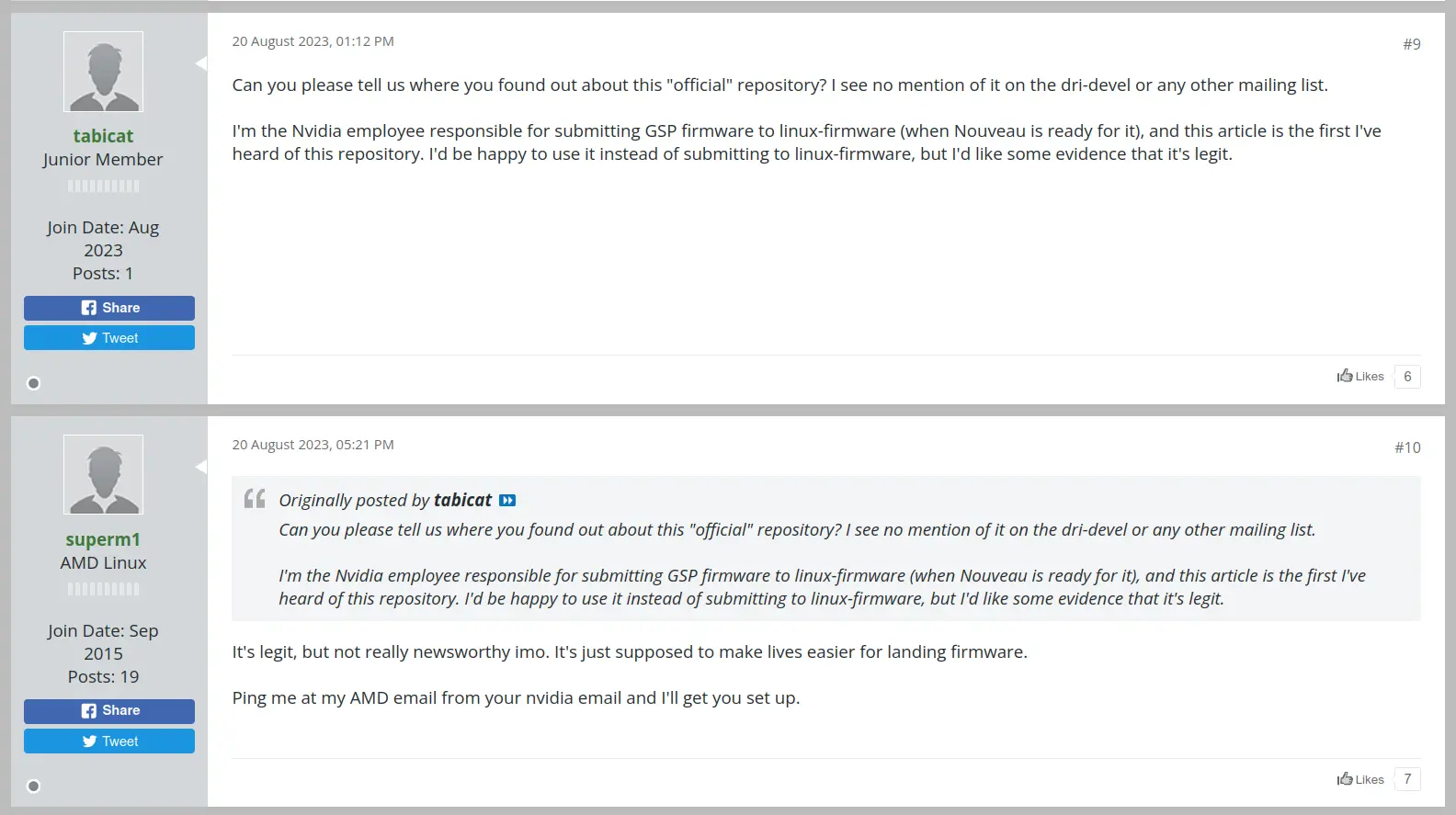this post was submitted on 21 Aug 2023
898 points (99.1% liked)
Linux
48335 readers
438 users here now
From Wikipedia, the free encyclopedia
Linux is a family of open source Unix-like operating systems based on the Linux kernel, an operating system kernel first released on September 17, 1991 by Linus Torvalds. Linux is typically packaged in a Linux distribution (or distro for short).
Distributions include the Linux kernel and supporting system software and libraries, many of which are provided by the GNU Project. Many Linux distributions use the word "Linux" in their name, but the Free Software Foundation uses the name GNU/Linux to emphasize the importance of GNU software, causing some controversy.
Rules
- Posts must be relevant to operating systems running the Linux kernel. GNU/Linux or otherwise.
- No misinformation
- No NSFW content
- No hate speech, bigotry, etc
Related Communities
Community icon by Alpár-Etele Méder, licensed under CC BY 3.0
founded 5 years ago
MODERATORS
you are viewing a single comment's thread
view the rest of the comments
view the rest of the comments

If you don't like Microsoft's contributions to Linux, you can fork it and remove them. If you don't like Microsoft's contributions to Windows, you have to use something else.
It's not just Microsoft tho. Redhat, oracle, facebook, Google, intel, AMD, they all contribute to linux. Removing their contribution would effectively make the kernel unusable
Isn't taking corporate money and extracting it into a public good a positive?
You have it backwards. The corporations are extracting free public contributions.
Everyone is getting free stuff; that's the point. If you want companies to not use free stuff to make money then either linux is worse, or companies need to po away.
So what's the problem with that? We get contributions for free to make newer hardware working, they improve already existing stuff, they solve bugs and everyone take advantage from that.
Hardware manufactures (Intel, AMD, etc) SHOULD be contributing to Linux. How could they EEE if they aren't directly competing? The better compatibility they have with Linux, the more server CPUs they can sell. That's their motivation, and it's aligned with the OSS community.
Microsoft also uses Linux. They have both Windows Subsystem for Linux, and they also use it in house I'm certain. Linux is technically competition for MS, but not really. They aren't trying to sell Windows to the people choosing Linux. To assume malice when there's perfectly reasonable reasons for them to be contributing is likely wrong.
Also a good point, but Microsoft has a history of EEE so it's also fair to be sceptical of them.